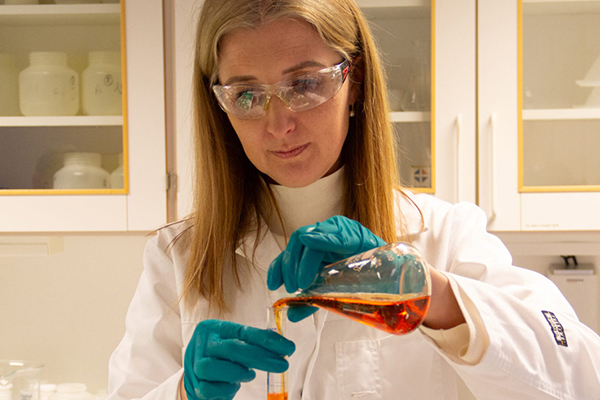
Innovation & Investment
Circular economy: New tech turns fish waste into valuable pharma and cosmetic ingredients
SINTEF scientists are developing new technology to convert fish byproducts into high-demand ingredients, promoting a circular economy.
Aquafeeds
A microbial community-based protein produced from soybean processing wastewater has potential as a value-added feed ingredient for aquaculture.

Innovation & Investment
SINTEF scientists are developing new technology to convert fish byproducts into high-demand ingredients, promoting a circular economy.
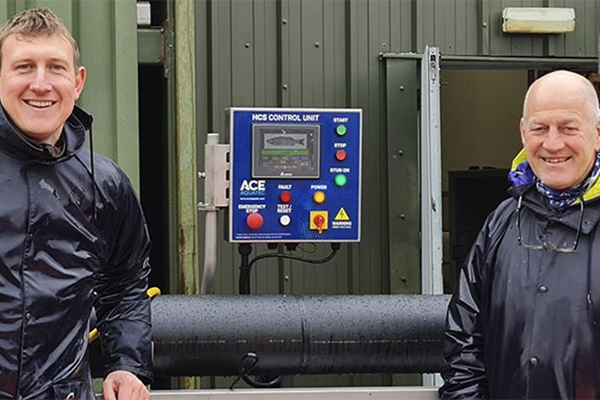
Responsibility
Ace Aquatec and Tiny Fish aim to expand premium food markets for small Scottish salmon, enhancing the circular economy.
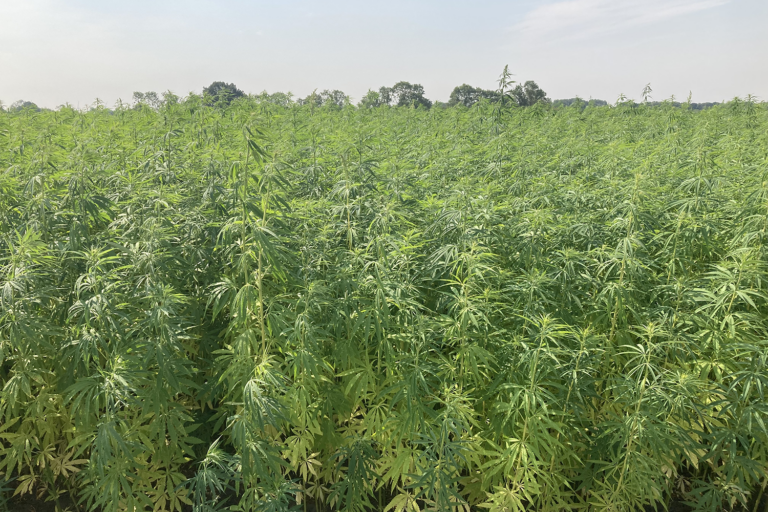
Aquafeeds
As pressure on the ocean's resources intensifies, the search is on elsewhere for solutions to provide the protein that fish need to grow.
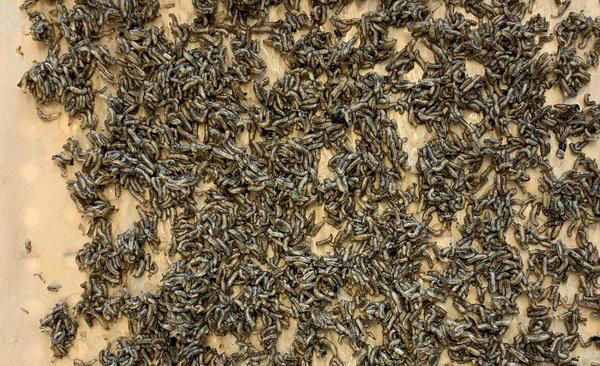
Aquafeeds
Kelp flies and marine yeast grown from seafood byproducts can replace fishmeal in salmon feed, promoting circular food production.
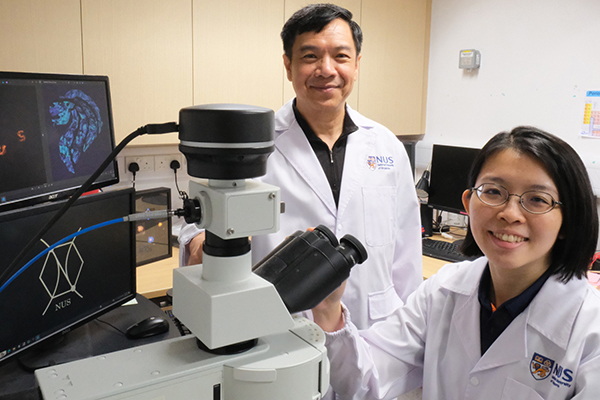
Innovation & Investment
Scientists have uncovered a novel method that allows heat-treated fish scales to be upcycled for pollution control and encryption.
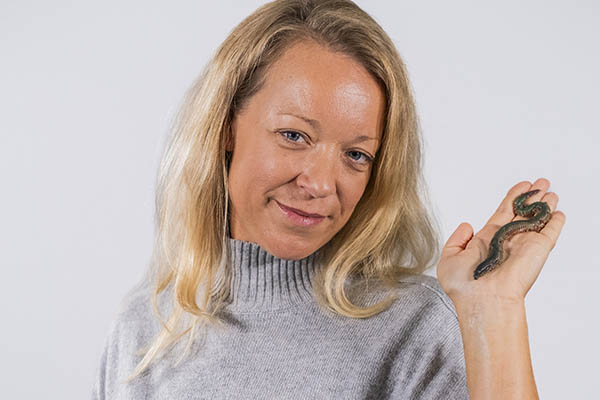
Responsibility
An initiative could open up a new avenue for seafood producers to deal with aquaculture waste in a more circular way.
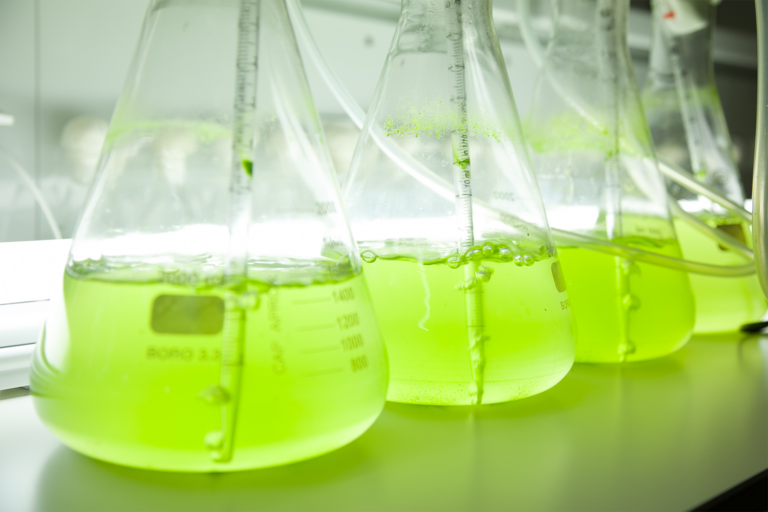
Responsibility
A focus on microalgae in marine aquaculture could help meet global nutritional needs and improve environmental sustainability and ocean health.
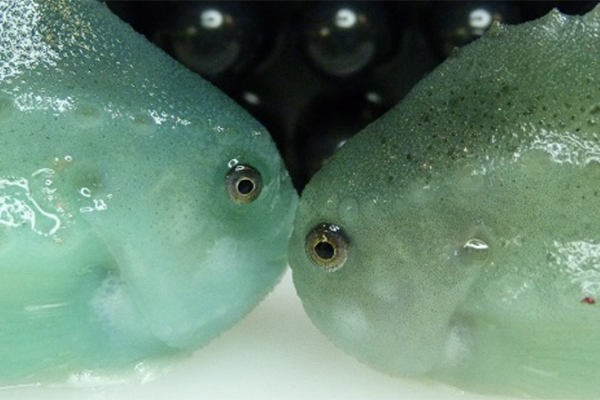
Aquafeeds
A Nofima trial explores whether whole or processed lumpfish can boost the appetite and feed intake in small king crabs.
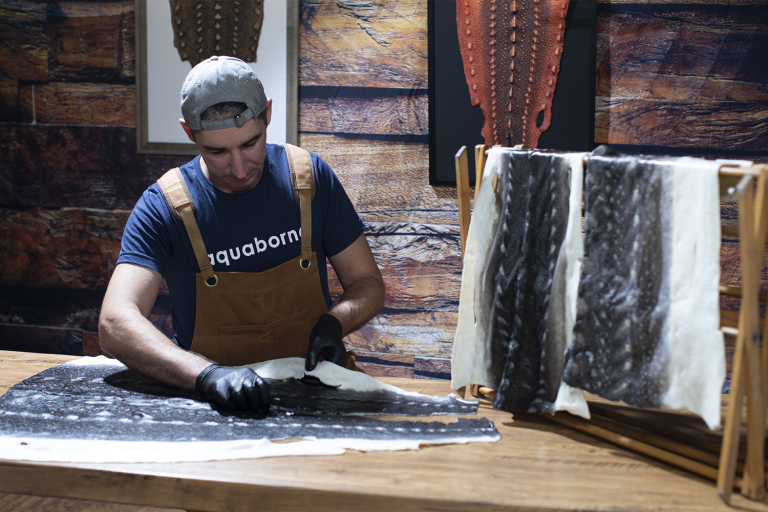
Innovation & Investment
Creative companies like Cruz Foam, Aquaborne and SuperGround embrace the circular economy and upcycle seafood byproducts into new products.
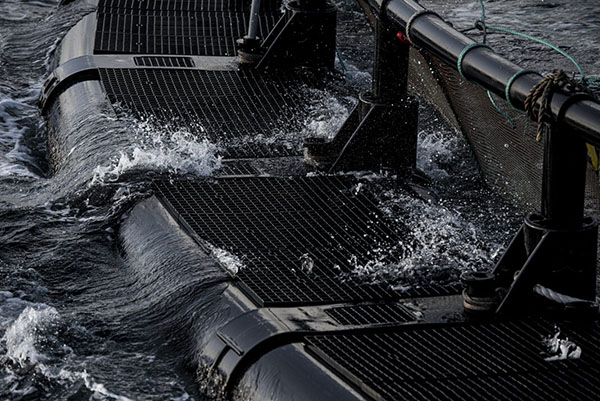
Responsibility
Plastic recycling from the aquaculture sector can be a commercially viable circular economy initiative, concludes SINTEF researchers.
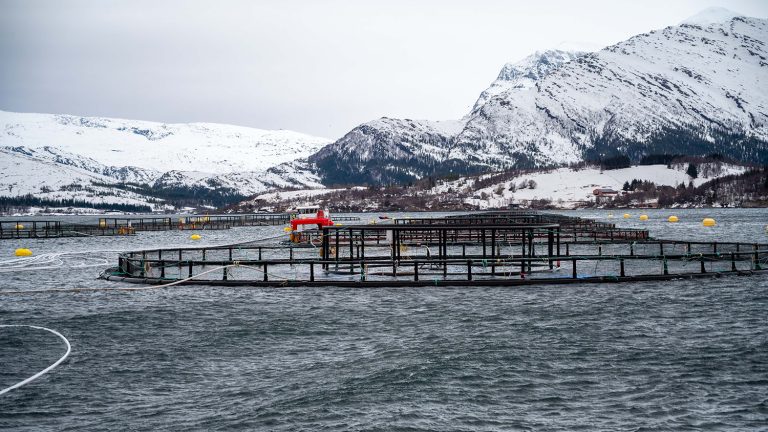
Responsibility
Aquaculture equipment specialist AKVA group and collaborators are building the world’s first aquaculture pens made entirely from recycled plastic.
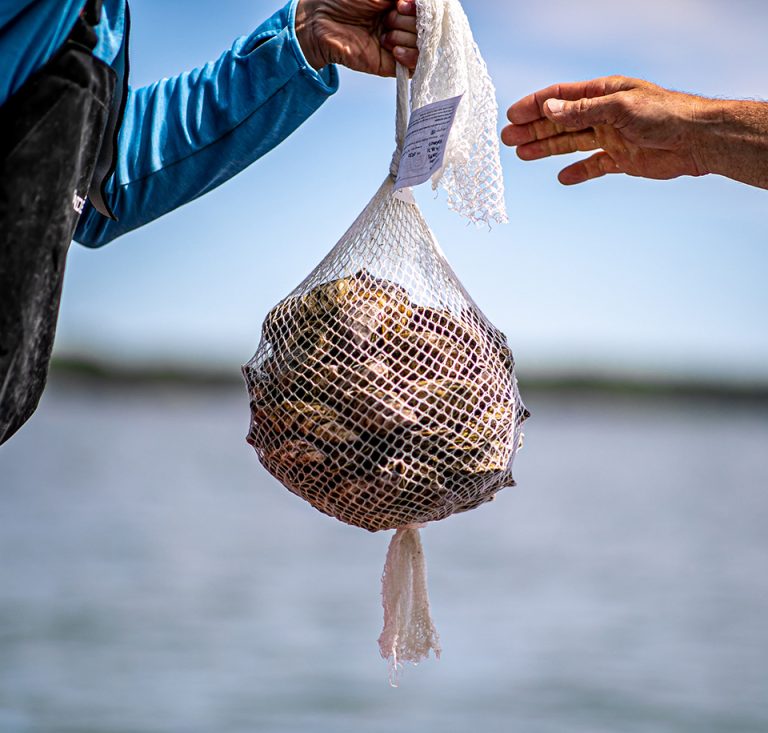
Responsibility
Ocean Farm Supply says compostable bags made from beechwood cellulose fiber are a more responsible alternative to plastics used for harvesting.
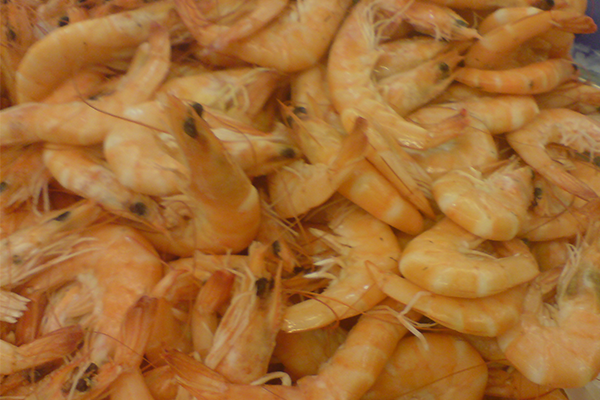
Aquafeeds
Growth and feed utilization of L. vannamei improved when brown shrimp processing remains were included in higher proportions than fishmeal.
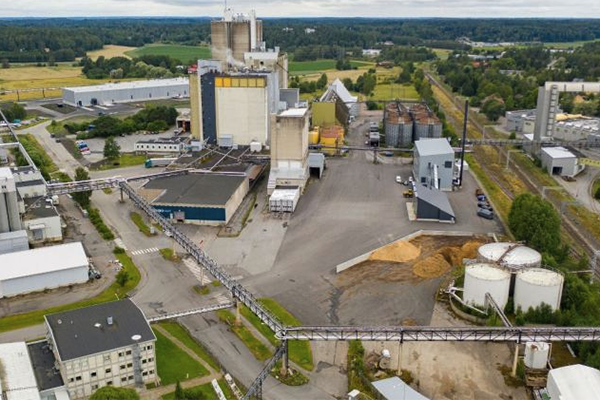
Aquafeeds
Alltech is teaming up with Finnforel, a circular economy company based in Finland, to acquire the Raisioaqua fish feed facility from Raisio.
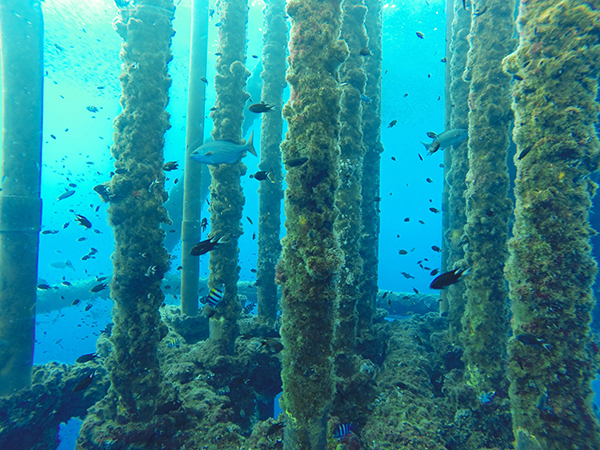
Aquafeeds
A new study is looking at ways marine growth from decommissioned oil and gas platforms could be used for livestock and aquaculture feed.